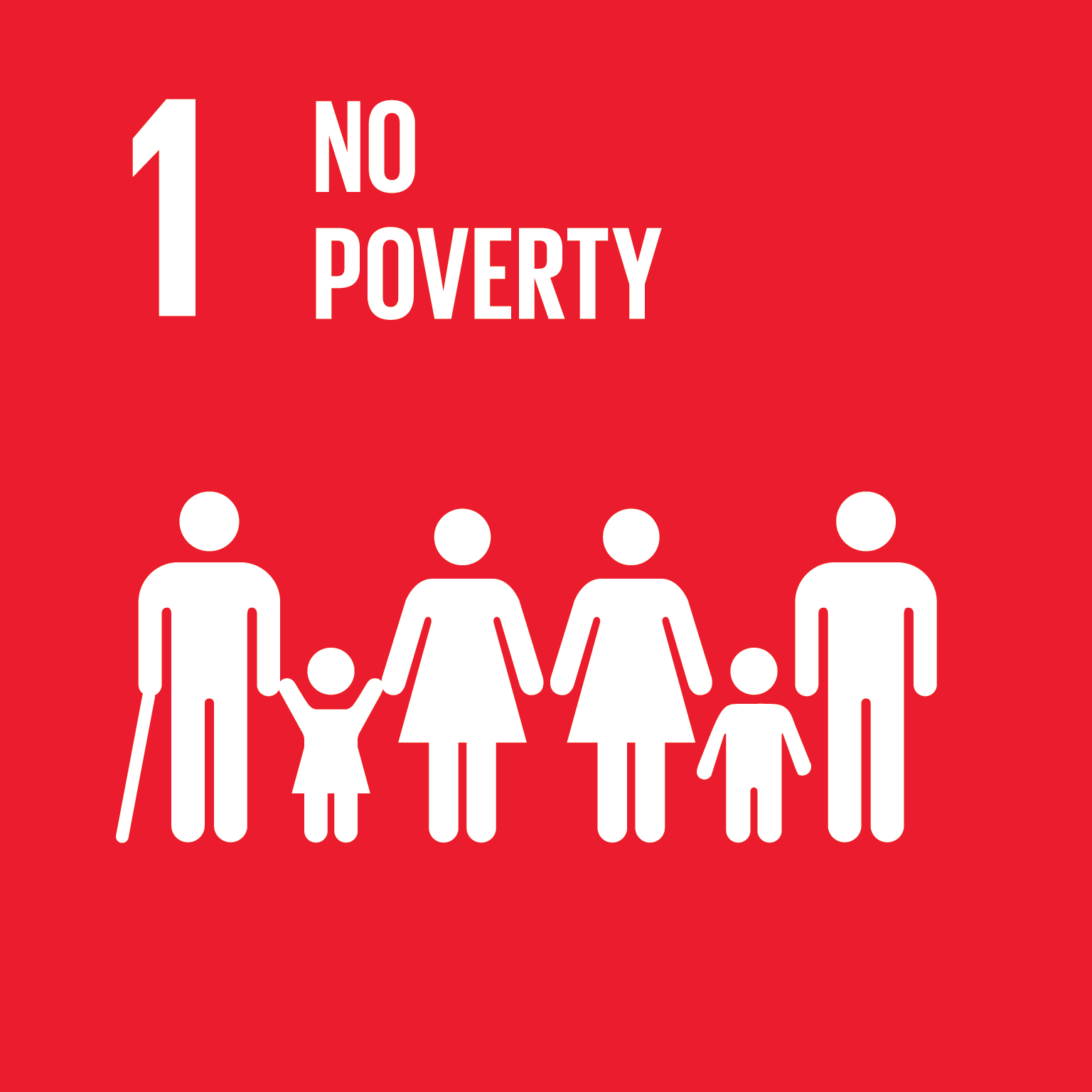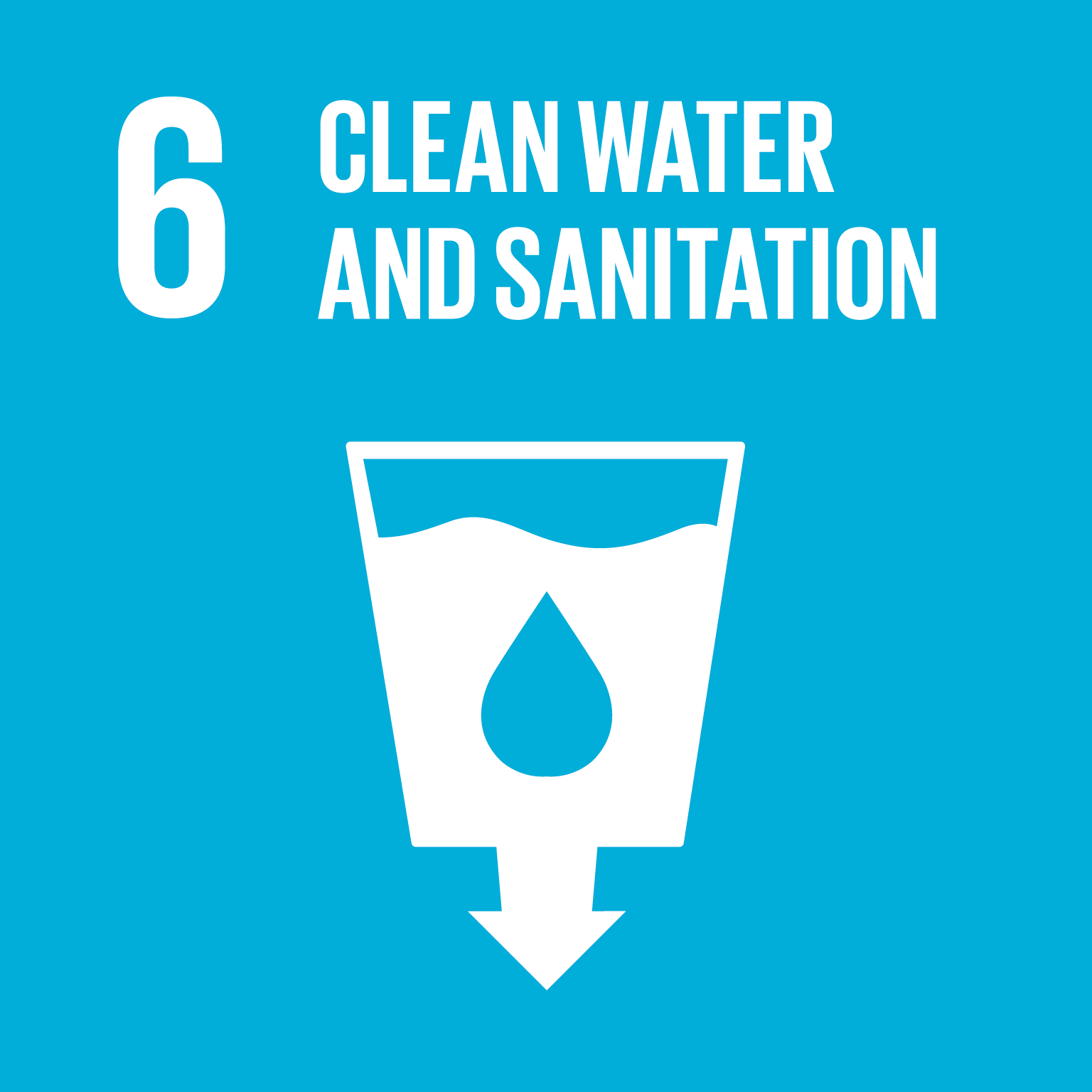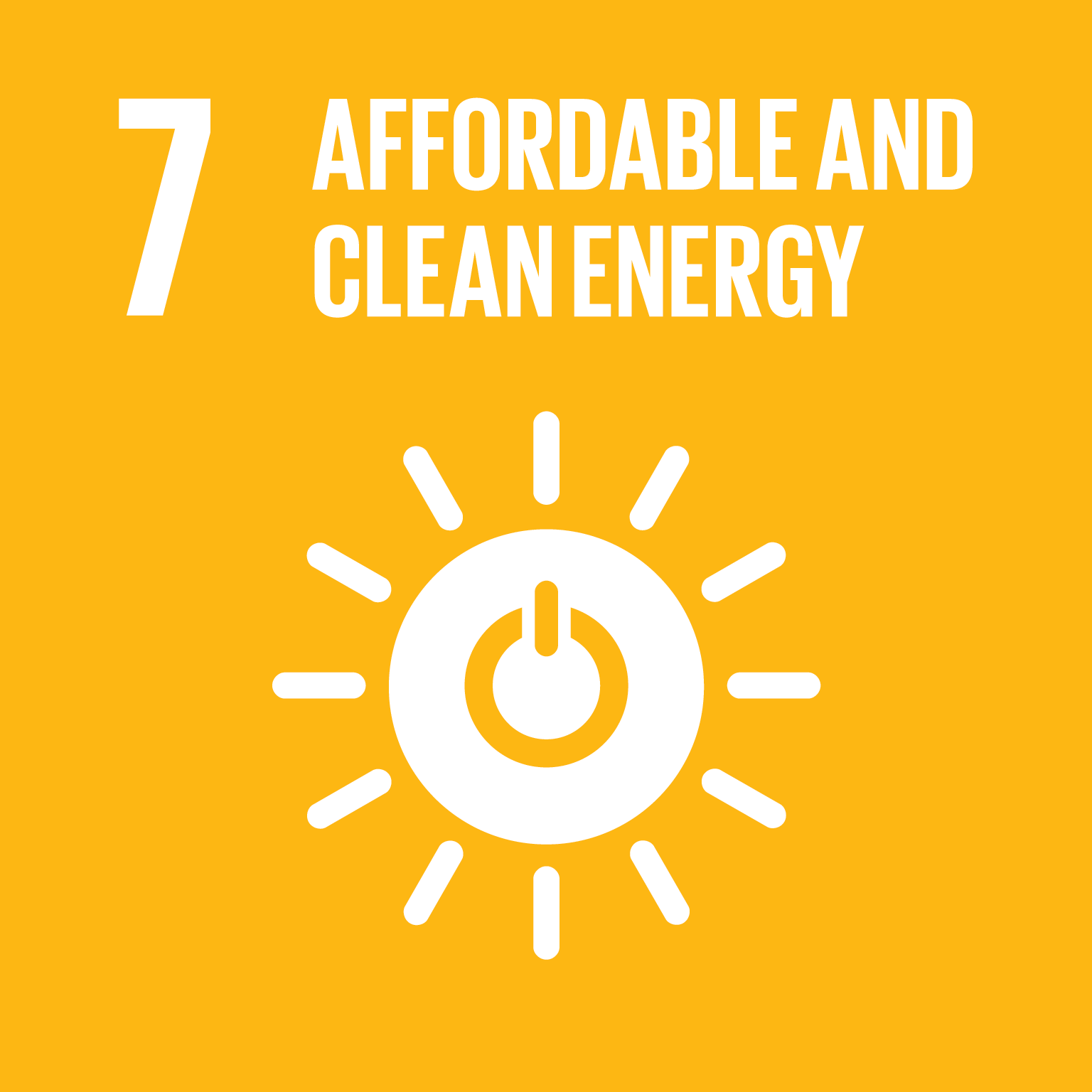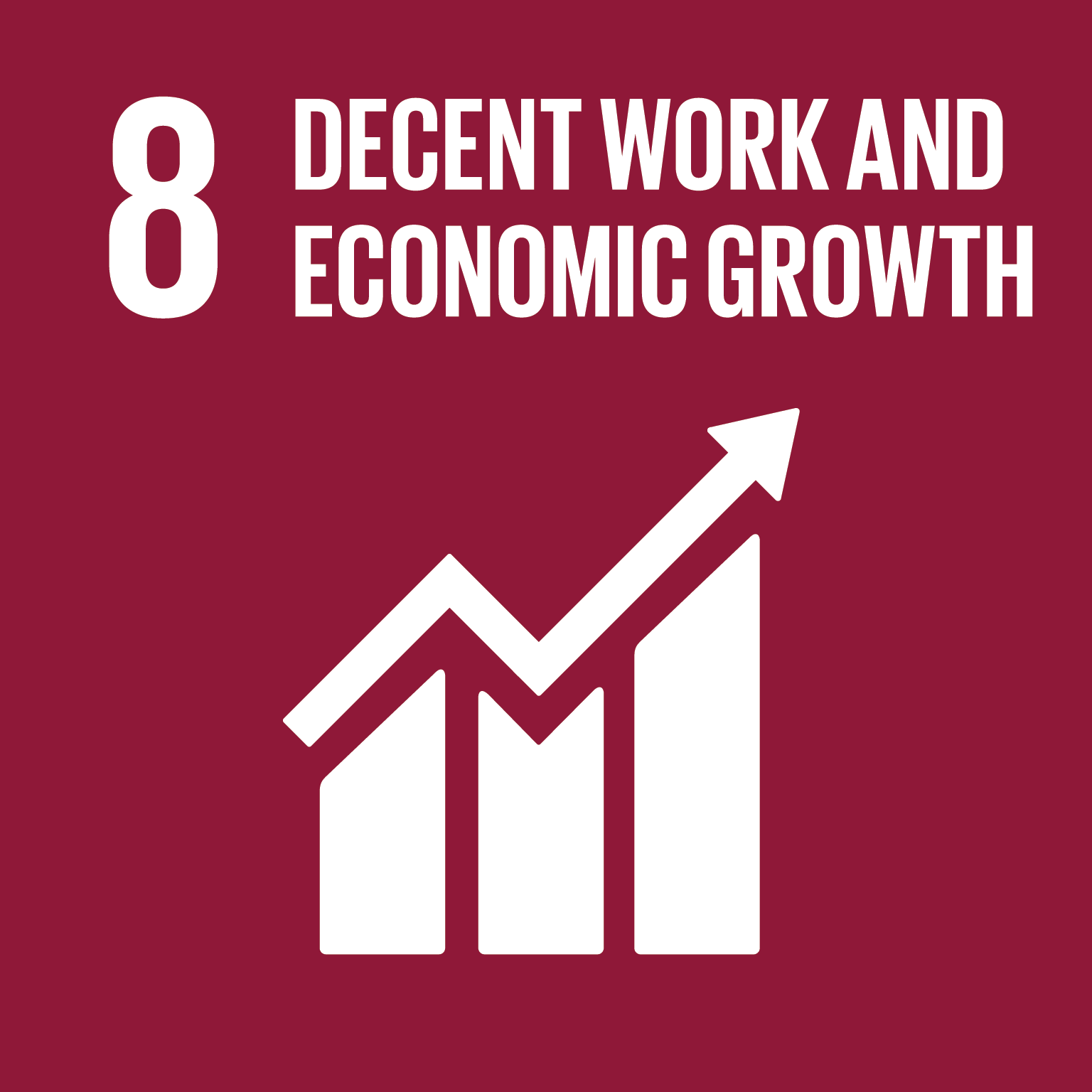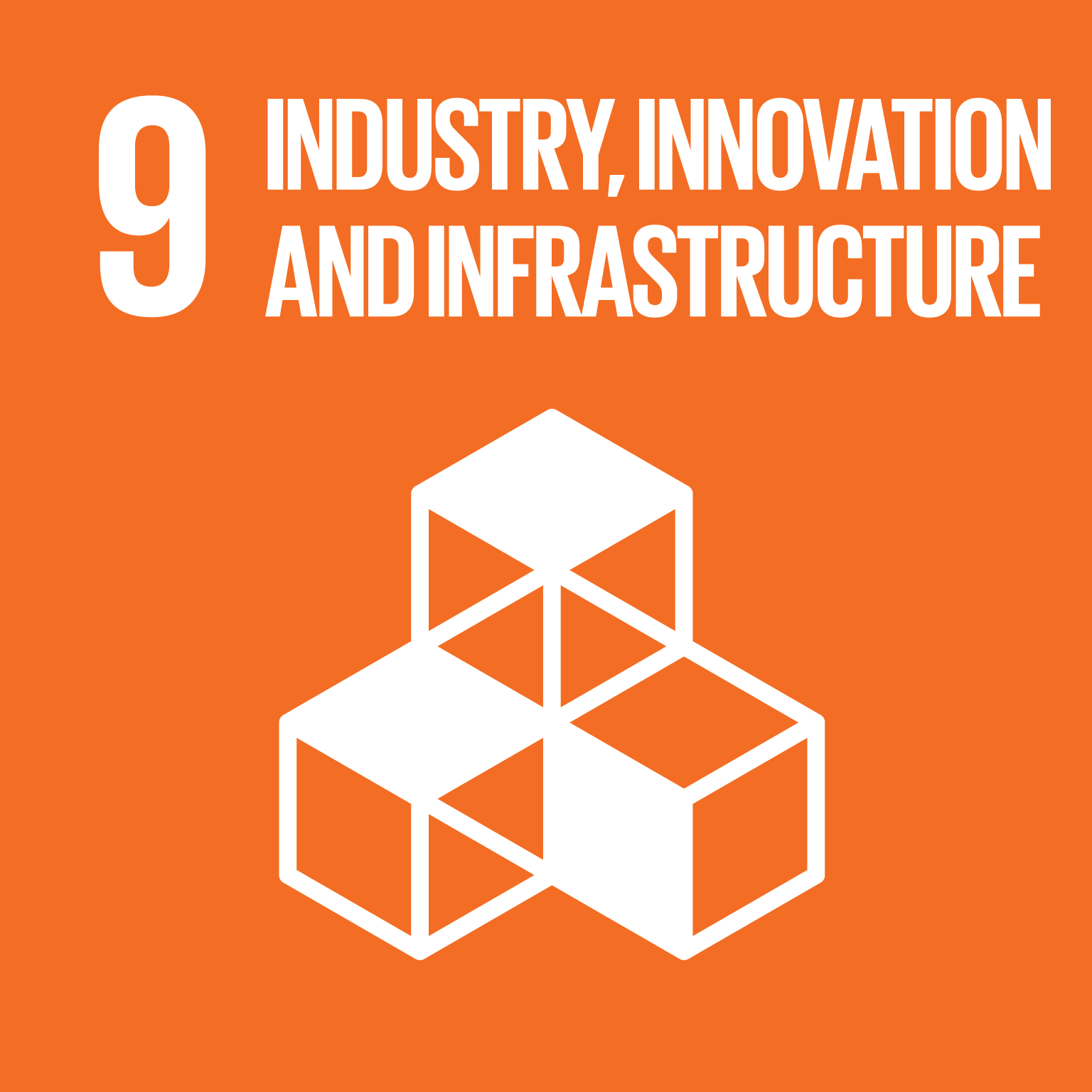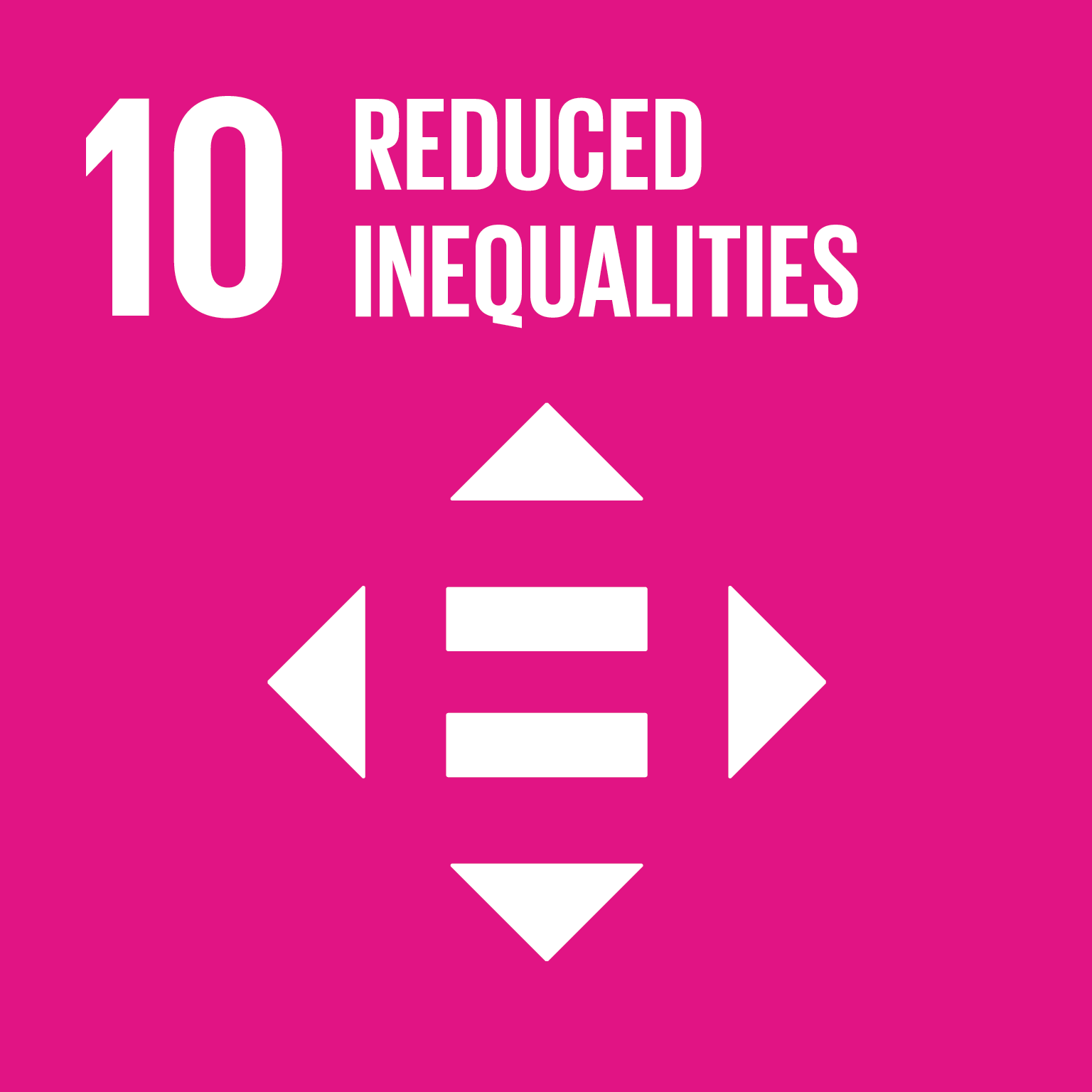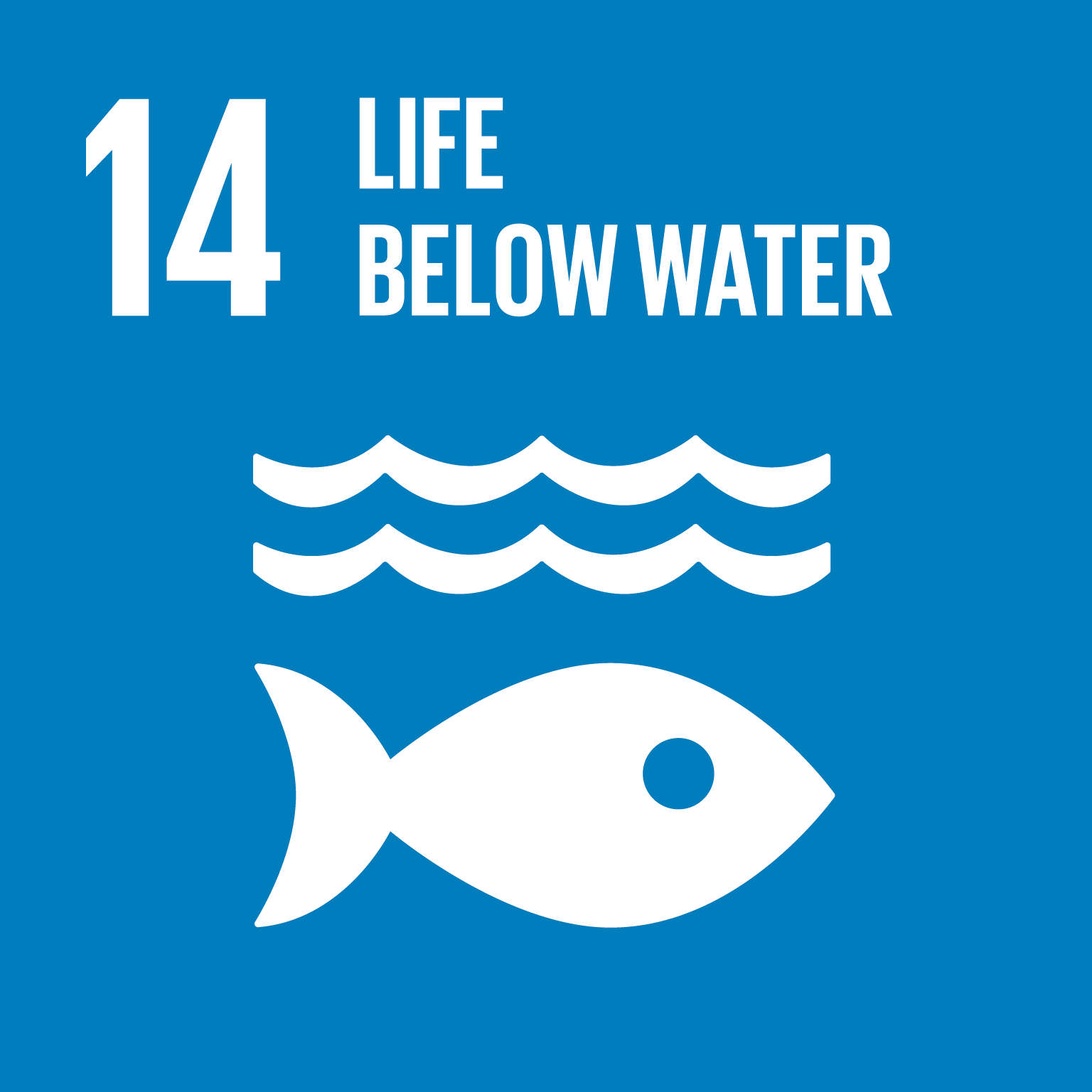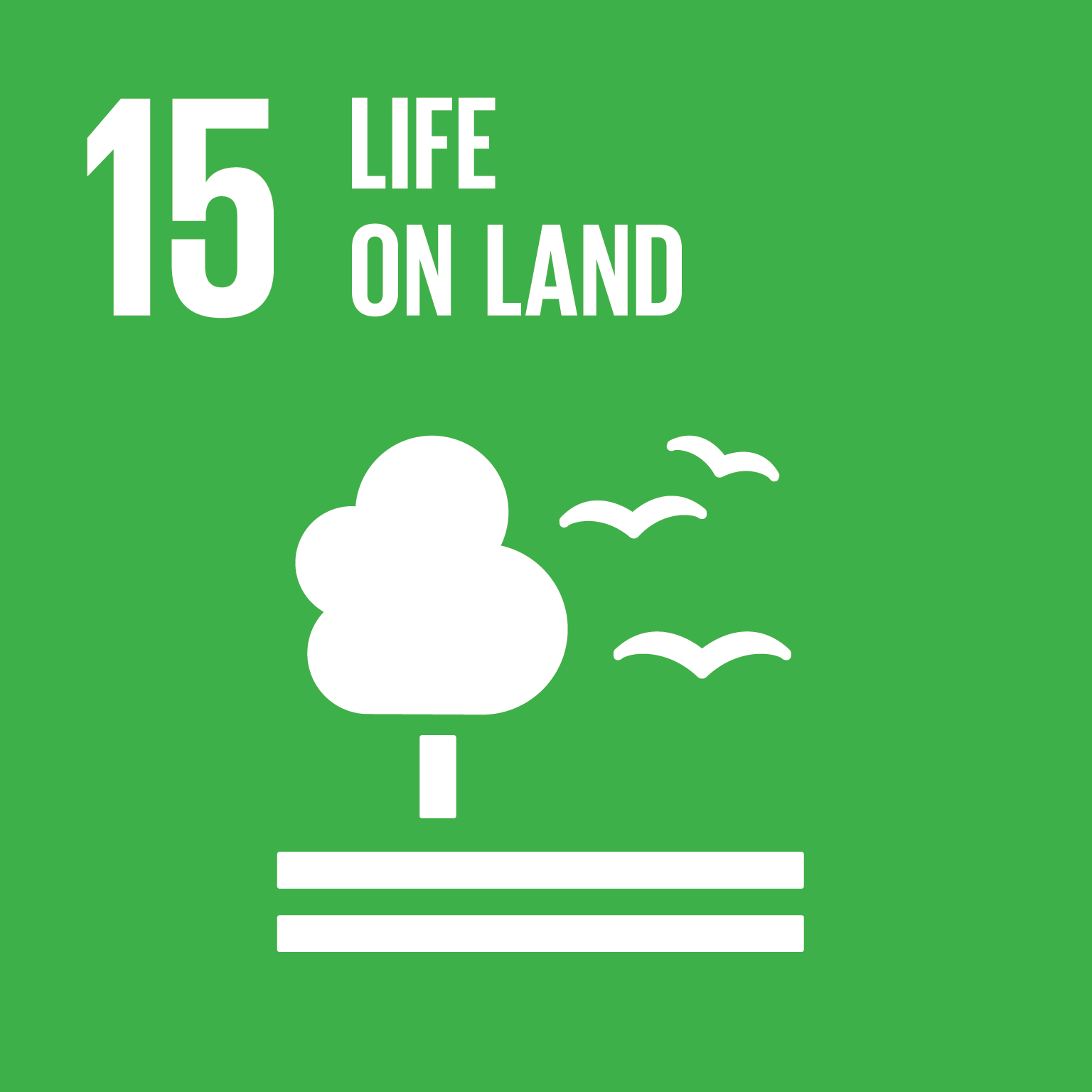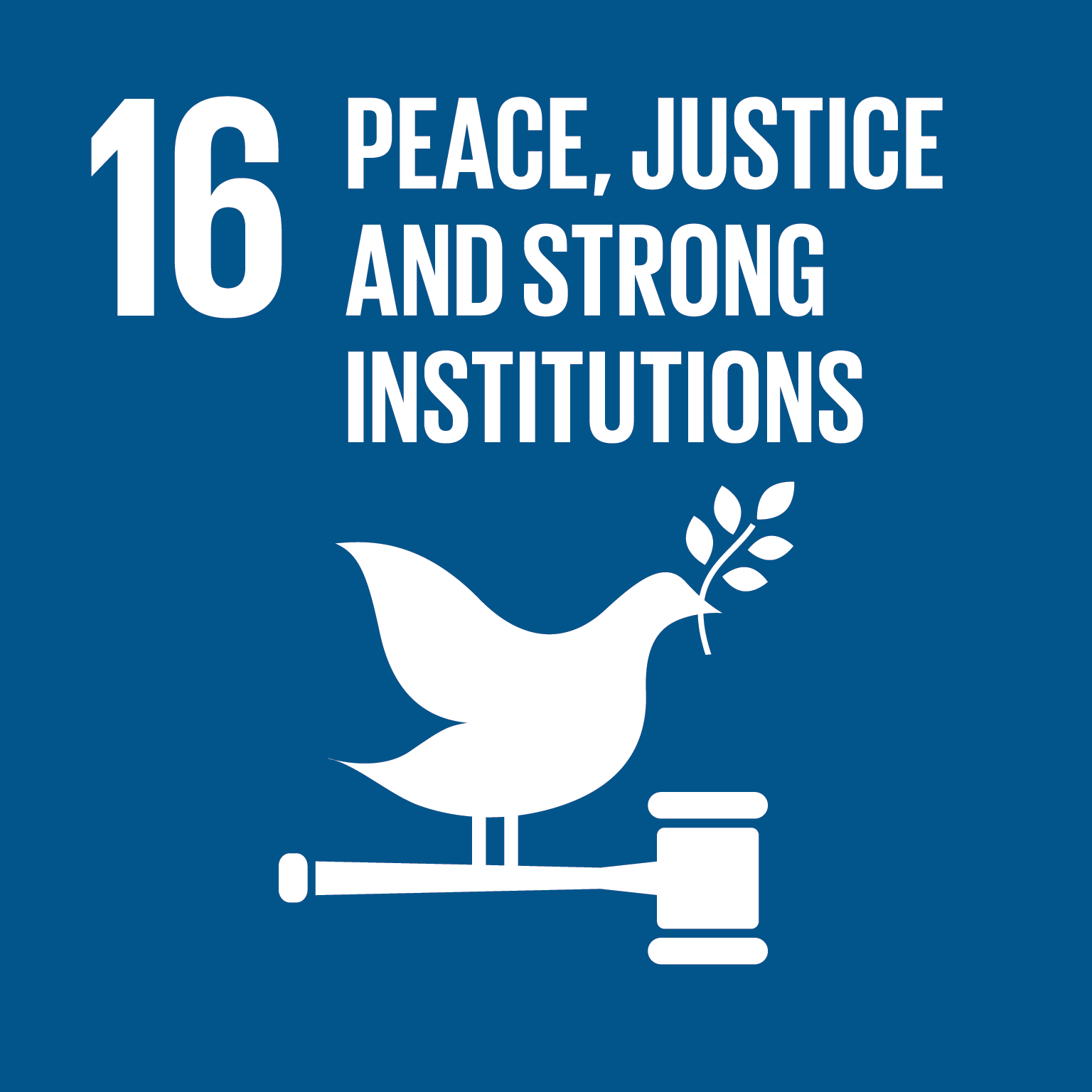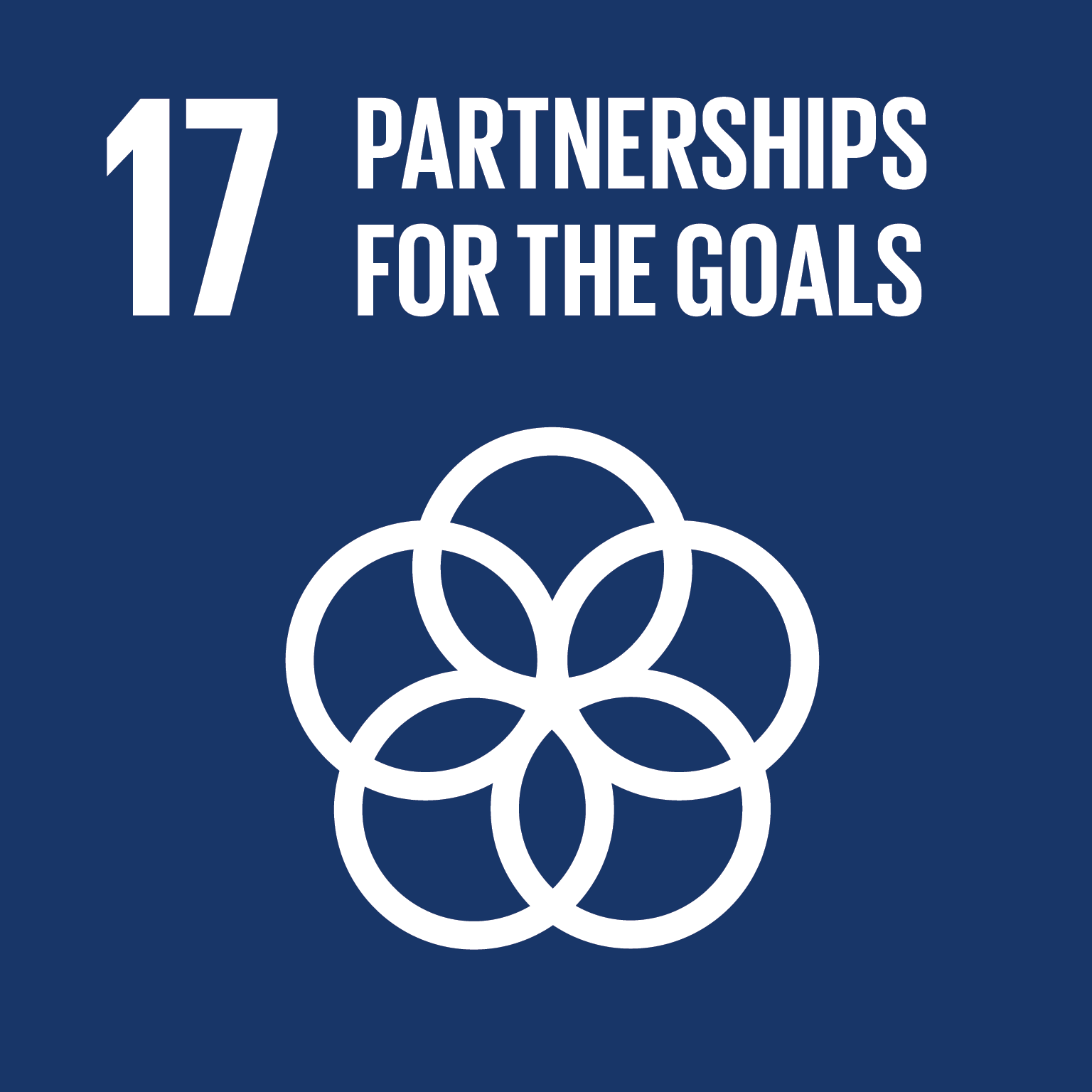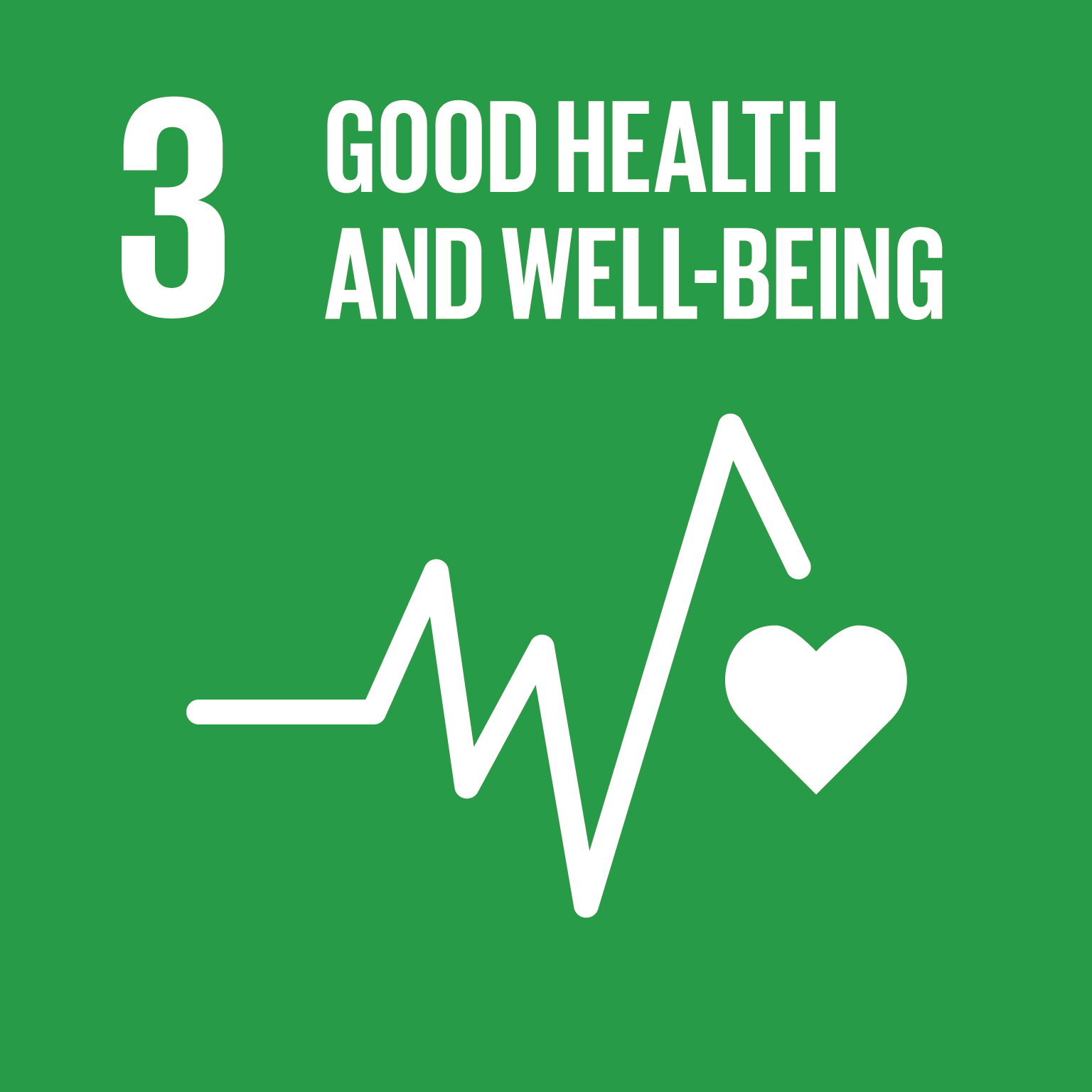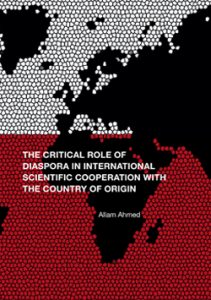Welcome and Overview
Allam Ahmed, President WASD, Director MEKEI, and Founder Sudan Knowledge, UK
Session (1): Diaspora and sustainable development: opportunities and challenges
Chair: Professor Hunud Abia Kadouf, Dean, Ahmad Ibrahim Faculty of Laws, International Islamic University, Malaysia
Rapporteur: Professor Izzeldin Mohamed Osman, Chairman, Council for Computer Systems Professions and Former Vice-Chancellor, Sudan University of Science and Technology, Sudan
- Transformation of traditional diaspora leadership, management and involvement model
Rudi Page, Executive Director, Making Connections Work Ltd, UK
> View presentation
- Dispersed, But are we united?
Basma Khalifa, International Fashion Journalist, UK
> View presentation
- Return to the homeland: Dilemma of immigrants from developing countries
Dr. Musa Shallal, United Arab Emirates University, UAE
> View presentation
Session (2): Information and communication technologies and diaspora engagement
Chair: Dr. Adil Eltigani, Scientific Director, Skeam Business School, France
Rapporteur: Dr. Ayat Abu-Agla, Sudanese Medical Specialization Board and Trinity College University of Dublin, Ireland
- Unlocking diaspora potentials: Towards a sustainable big data platform for engagement and exploitation
Professor Lukumon O. Oyedele, Director of Bristol Enterprise, Research and Innovation Centre (BERIC) and Professor of Enterprise and Project Management University of the West of England, UK
> View presentation
- An internet mediated PhD programme in computer science and information technology
Professor Izzeldin Mohamed Osman, Chairman, Council for Computer Systems Professions and Former Vice-Chancellor, Sudan University of Science and Technology, Sudan
> View presentation
- Benchmarking assessment of the ICT ecosystem in Sudan
Dr. Hassan Hamdoun, University of Aberdeen, UK
Osama Mohammed Khair and Osama Mohammed Ibrahim, Zain, Sudan
Marwan A. A. Adam, Sudanese Knowledge Society, Sudan
> View presentation
- Nutrition and dietetic services in the context to Chronic Kidney Disease (CKD) and the need of diasporic engagement
Dr. Nahlaa A. Khalifa, King Abdulaziz University, KSA
> View presentation
Session (3): Diaspora role in peace and security
Chair: Ahmed Bannaga, Legal Advisor and International Representative, Physical Environmental Centre of Khartoum, Sudan
Rapporteur: Dalia Almik, Patron, Aid to Africa Organization in the British Parliament, UK
- From passive to active: Changing times in diaspora engagement in home grown terrorism and foreign fighter trend
David Otto, Counter Terrorism and Organised Crime/Security Expert, Director, TGS Intelligence Consultants Ltd, UK
> View presentation
- Human trafficking in Eastern Sudan and its impact on Europe
Suliman Salih Dirar, African Global Media and Community Development, UK
> View presentation
- Contextualizing socio-legal problems of Sudanese students in Malaysia
Professor Hunud Abia Kadouf, Dean, Ahmad Ibrahim Faculty of Laws, International Islamic University, Malaysia
> View presentation
- Review of neurology specialist visits to Southern Darfur
Dr. Isameldin M. H. Izzeldin, University of Strathclyde, UK
Dr. Asma E.I. Abdel-Gader, Khartoum Teaching Hospital, Sudan
Dr. Khalid M. E. El-Talib, Al-Shaab Teaching Hospital, Khartoum, Sudan
Dr. Hatim A. Nagi, National Insurance Fund, Sudan
> View presentation
Session (4): Economy and finance
Chair: Chair: Rudi Page, Executive Director, Making Connections Work Ltd, UK
Rapporteur: Dr. Siham El-Kafafi, Director of Research, ICL Education Group, New Zealand
- Review of the contribution and role of the manufacturing sector in the Sudanese Economy
Dr. Adil Dafa’Alla, Airbus UK, UK
> View presentation
- Sudanese microfinance providers mobile banking adoption intention determinants
Anwar Ammar, Multimedia University, Malaysia
Prof. Elsadig Ahmed, Multimedia University, Malaysia
Prof. Abdelrahman Elzahi, Islamic Development Bank, Saudi Arabia
> View presentation
- Economic value of agricultural water in Sudan
Dr. Eltigani E. B. Abdelgalil and Dr. Mohamed E. Gali, University of Gezira, Sudan
> View presentation
- The economic impact of migration on the welfare of Ethiopian households
Yousra Abdelmoneim and Dr. Julie Litchfield, University of Sussex, UK
> View presentation
Session (5): University of Khartoum, Sudan: Past – Present – Future
Chair: Allam Ahmed, President WASD, UK
Rapporteur: Dr. Abdelrahman Omer, Specialist Trainee, Royal Victoria Infirmary, UK
The session will also discuss the future of the University of Khartoum, Sudan as the main and oldest university in Sudan. In addition to the conference delegates, there will be contributions from across the world by various international experts and scholars via skype and other social media tools. The session will discuss in more details the recent protests by the university students over reports about the government plans to sell some buildings of the university for use as a tourist attraction.
Reflection from day one
Dr. Adil Dafa’Alla, Specialist, Aero Data for Loads, Airbus UK, UK
Session (6): knowledge transfer, skills and capacity development
- Chair: Dr. Elsheikh Badr, Secretary General, Sudanese Medical Specialization Board, Sudan
Rapporteur: Dr. Ibrahim N. Mamadu, Specialist, Centre for Alternative Sustainable Livelihoods, Nigeria
- Knowledge for the development of the home country
Dr. Adil Eltigani, Skeam Business School, France
Dr. Mohamed Shamou, Ford Motor Company, UK
> View presentation
- Reflections on six years of knowledge transfer to Sudan – SMA UK&I experience
Dr. Babikir Ismail, Sudanese Medical Association (SMA), UK
> View presentation
- The role of diaspora’s multidisciplinary teams (MDTs) in sustainable rural development
Dr. Abdelrahman Omer, Royal Victoria Infirmary, UK
- The development of the future leadership in Sudan: investment in human capabilities
Ahmed Bannaga, Physical Environmental Centre of Khartoum, Sudan
> View presentation
Watch video
Session (7): Science, technology and innovation
Chair: Dr. Eltigani E. B. Abdelgalil, Dean, Water Management and Irrigation Institute, University of Gezira, Sudan
Rapporteur: Elmouiz S. Hussein, Airbus UK, UK
- A UNESCO “Arab Science, Technology and Innovation (STI) Facility”: A key to building an innovation economy in the Arab Region
Dr. Nazar M. Hassan, UNESCO Regional Office for Sciences for the Arab States, Egypt
- Open innovation in practice –Google versus Microsoft</str ong>
Dr. Siham El-Kafafi, ICL Education Group, New Zealand
Jing Chai, Greenspot Ltd., New Zealand
> View presentation
- The public use of virtual support groups: Proposed study to explore a cross-platform mobile messaging application used by self-created weight loss group
Dr. Nagat Eltoum, King Saud bin Abdulaziz University for Health Sciences, KSA
> View presentation
- North East Arid Zone Development Programme: Diaspora partnership opportunity in research and development in the Sahel of Nigeria
Professor Njidda M. Gadzama, University of Maiduguri, Nigeria
> View presentation
Session (8): Environment and industry
Chair: Dr. Mohamed Shamou, Quality & Reliability Consultant, Ford Motor Company, UK
Rapporteur: Dr. Elham Aljaaly, Vice-Dean of Female Section and Head of the Clinical Nutrition Programme, Faculty of Applied Medical Sciences, King Abdulaziz University, KSA
- Enablers and inhibitors for effective industrialization process in Sudan
Dr. Adil Dafa’Alla, Airbus UK, UK
Elmouiz S. Hussein, Airbus UK, UK
Marwan A. A. Adam, Sudanese Knowledge Society, Sudan
> View presentation
- Towards a resilient reconstruction of Syria through strategic governance and capacity building
Dr. Roudaina Al Khani, Platforms for sustainable cities and regions, UK
- Climate change, conflict and displacement: Disaster risk reduction in Sudan
Nuha Eltinay, Arab Urban Development Institute, Saudi Arabia and Doctoral Researcher, London South Bank University, UK
- Assessment of the use of treated wastewater from oil refinery in irrigation, Khartoum-Sudan
Dr. Sarra Saad, National Center for Research, Sudan
Sufyan A. M. Osman, Ministry of Oil, Sudan
Dr. Ahmed Aldoma, Sudan University of Science and Technology, Sudan
Hind Abdallah Suliman, University of Khartoum, Sudan
> View presentation
Session (9): Public health and medical sciences
Chair: Dr. Babikir Ismail, Consultant Pathologist, Ashford & St Peter’s NHS Trust and Sudanese Medical Association (SMA), UK
Rapporteur: Dr. Isameldin M. H. Izzeldin, Consultant Neurologist and Clinical Neurophysiologist, University of Strathclyde, UK
- The Sudan Medical Specialization Board diaspora program: achievements and lessons from recent experience
Dr. Elsheikh Badr and Dr. Nazik Babikir, Sudanese Medical Specialization Board, Sudan
Dr. Ayat Abu-Agla, Sudanese Medical Specialization Board and Trinity College University of Dublin, Ireland
> View presentation
- The contribution of diaspora in healthcare of the country of origin: time to step up
Dr. Ibrahim N. Mamadu, Centre for Alternative Sustainable Livelihoods, Nigeria
> View presentation
- Research status and profile of the second didactic dietetics programme in Saudi Arabia: A response from a Diaspora of graduates
Dr. Elham Aljaaly, King Abdulaziz University, KSA
> View presentation
Session (10): Strengthening the diaspora networks and groups: the role of YOUTH
Chair: Allam Ahmed, President WASD, UK
Rapporteur: Yousra Abdelmoneim, University of Sussex, UK
This session will discuss and gather viewpoints from across the world about how to how to ensure the relevant Diaspora groups and networks are involved in the development and review of policies that impact on them or their country of origin. They are consulted with regard to the objectives and desired outcomes of the policy, and the best means of achieving them to ensure countries of origin are benefiting from their Diaspora and competing at the forefront of science, technology and innovation (STI).
The world of tomorrow belongs to the youth of today, therefore it is necessary to observe and act on their issues, comments and concerns. The session will also highlight the main topics of advocacy amongst youth and examine new and emerging methods of influencing policy and raising consciousness (eg media, IT), identify problematic areas and find solutions for message delivery, implementation of policy and programme longevity. Contributors will discuss issues relating to gender equity and youth and the important role and contribution they are expected to make in the future Diasporic cultural development. Some of the other issues that can be discussed here relates to how youth and gender shape identities in the modern world; How diasporic communities challenge or reinforce gender in equalities in the evolving Diasporic centers?; In what ways can future Diasporic activities offer opportunities for women and youth to chart new approaches to Sudanese cultural manifestations in view of their contributions, challenges and vulnerabilities within the host country context?
2017 Conference theme and venue
Best Paper Award
Concluding Remarks and End of Conference
